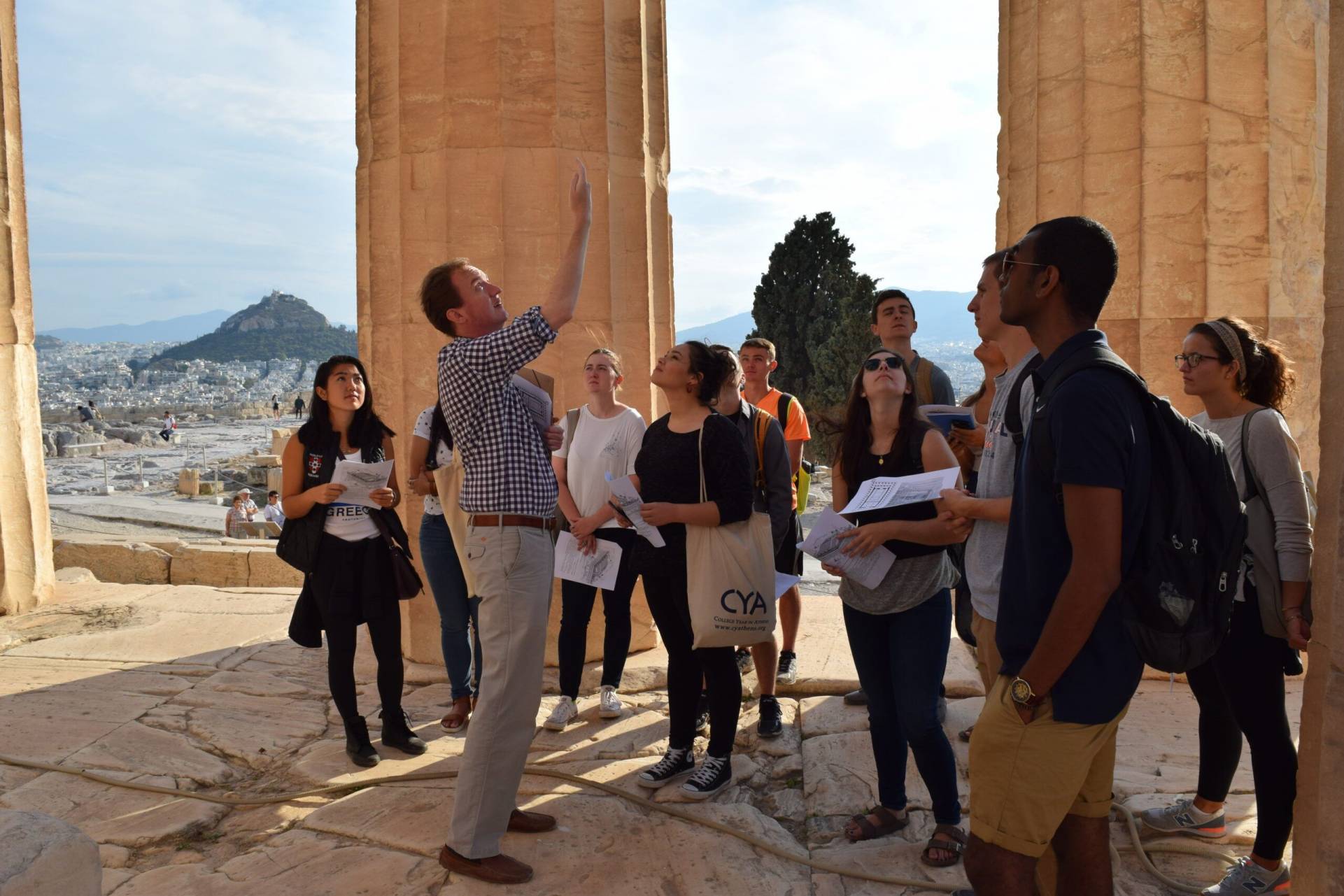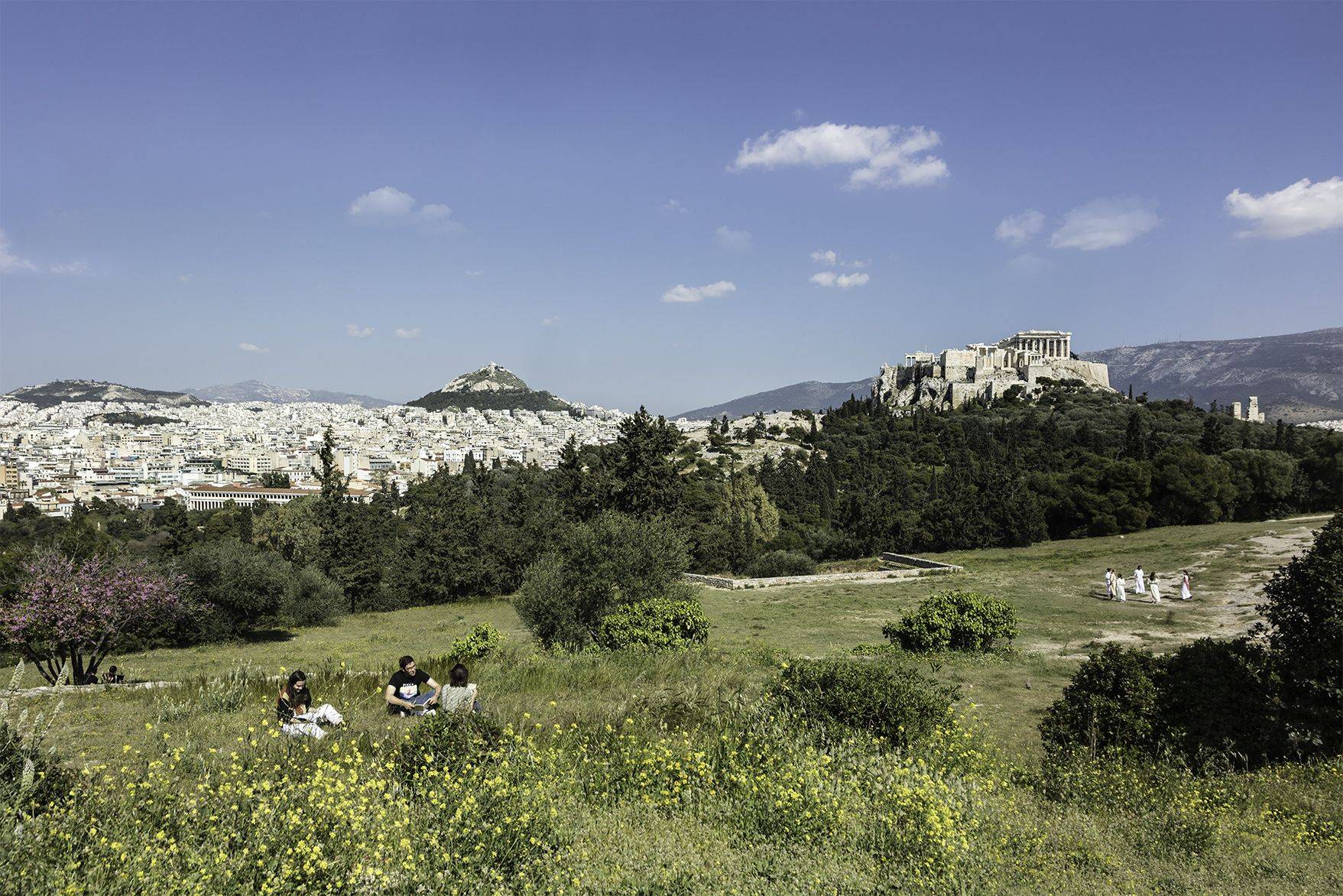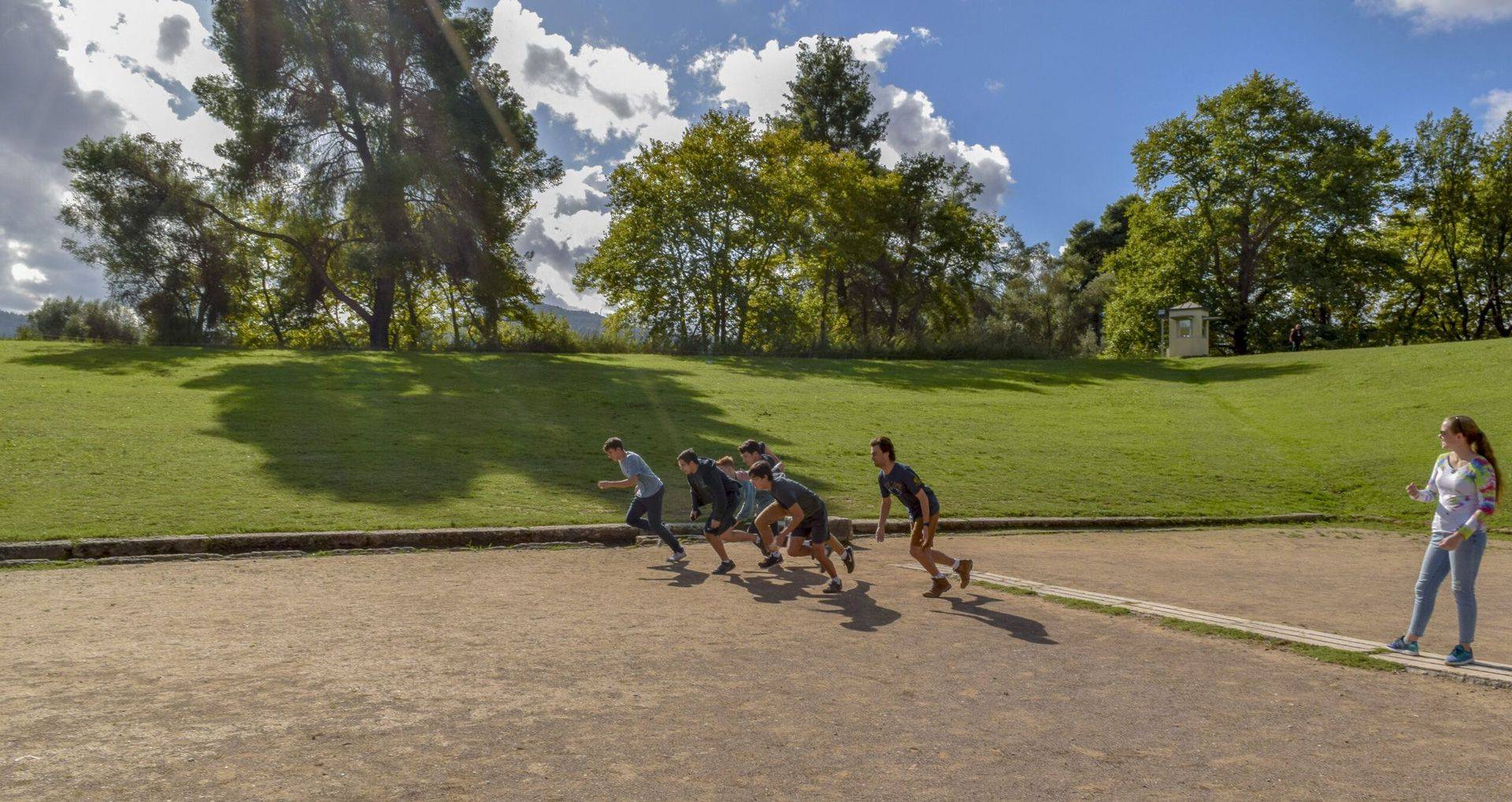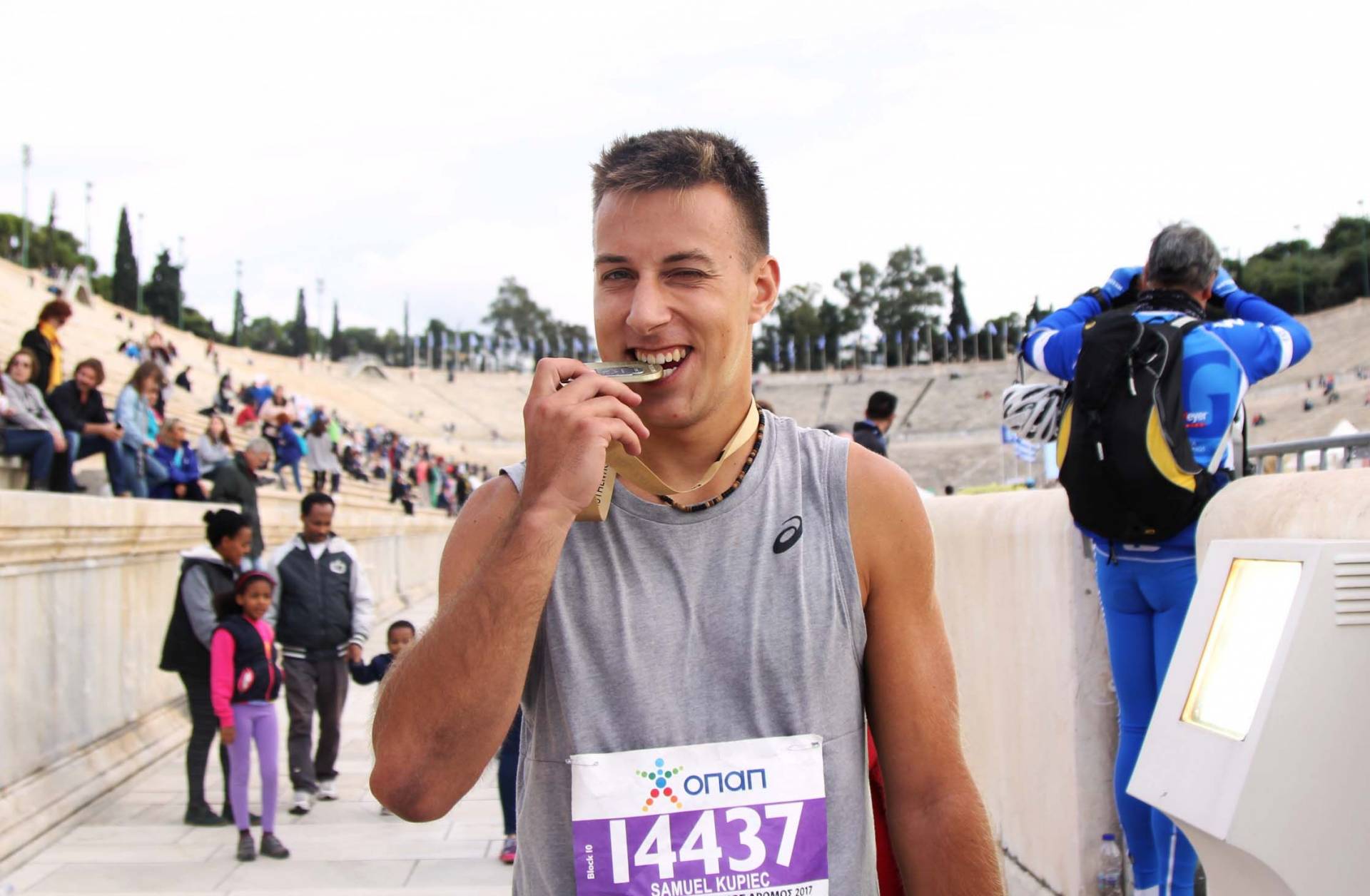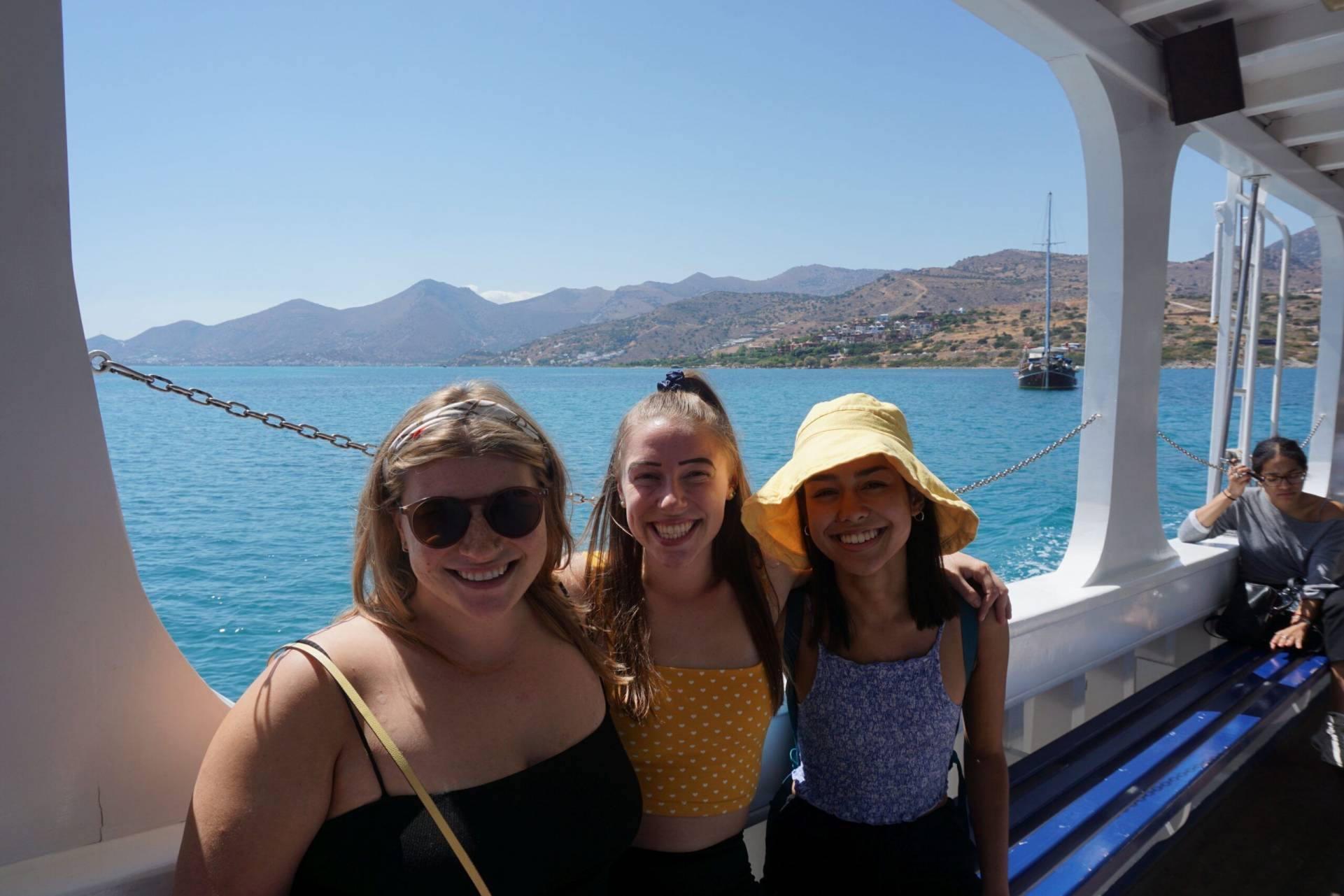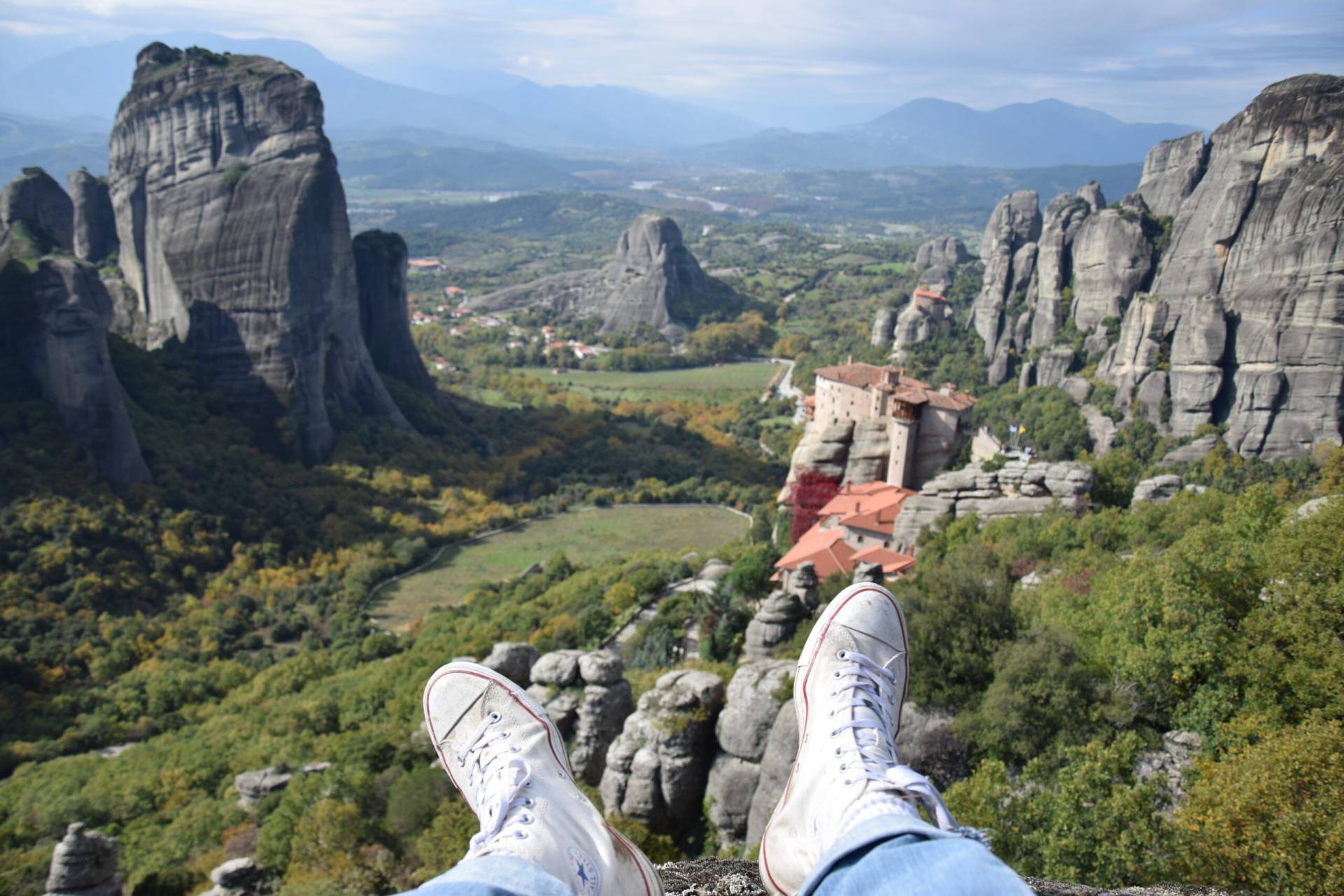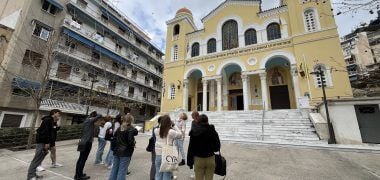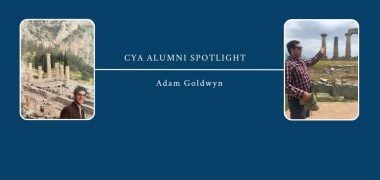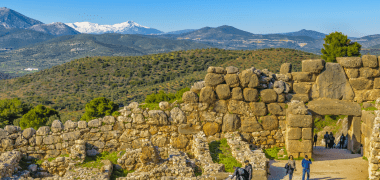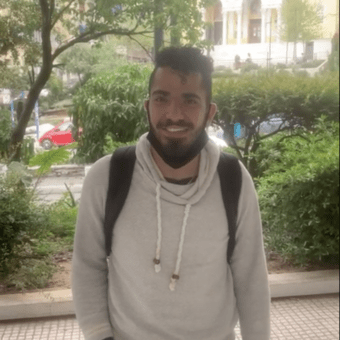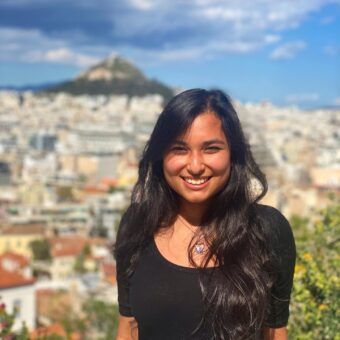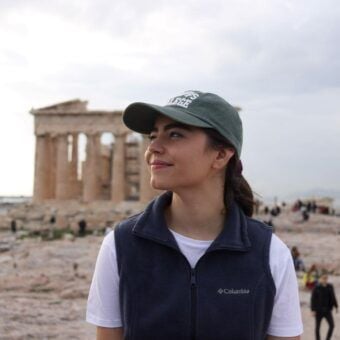FALL SEMESTER

Enjoy the countryside and take advantage of much quieter beaches and inexpensive travel opportunities within Greece in the off-peak season. September's monthly temperature floats around 30C/86F, making ideal for swimming and island hopping.
READ MOREWINTER SESSION
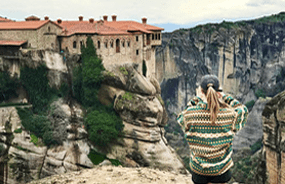
If you have a keen interest in archaeology or anthropology, you may gain experience and credit by participating in one of CYA's three-week Winter Intersession programs. Immerse yourself in a fascinating course within and about the city of Athens
READ MORESPRING SEMESTER

The countryside is filled with the colors and sweet scents of blossoms. The entire population seems to be out celebrating and enjoying not only the fine weather but also all holidays occurring in spring. First there are weeks of Carnival festivities in March
READ MORESUMMER SESSION
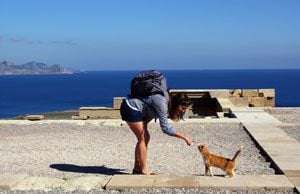
Summer is an exceptional time to study in Greece with a choice of unique CYA courses tailored to combine academics with authentic experiences, taking advantage of the sun, the sea and the vibrant summer culture from Athens to the surrounding islands.
READ MORE
POSTBACCALAUREATE IN CLASSICS
Our Postbaccalaureate Program is designed to help college graduates improve their engagement with scholarship as well as their classical language skills, and take courses that prepare them for admission to graduate programs in Classics or Archaeology.
READ MORE
HERITAGE GREECE® PROGRAM, ATHENS
The Heritage Greece® Program is an unforgettable two-week educational and cultural immersion experience for students of Greek descent as well as for any student with an active interest in things Greek.
READ MORE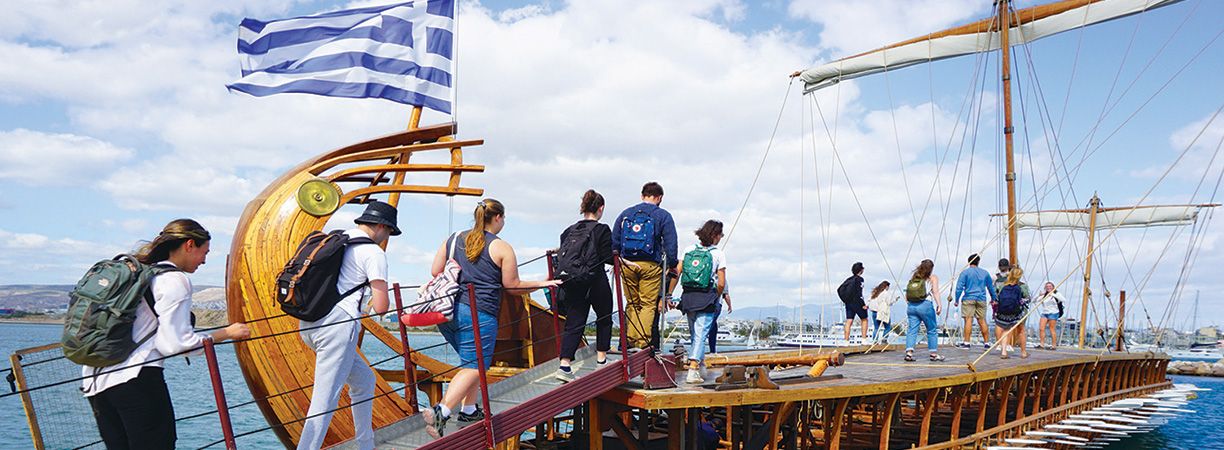
CYA HOSTING THE FORUM'S CONFERENCES IN ATHENS, OCTOBER 14-18
CYA is proud to be hosting in Athens the Forum's 7th Europe, Middle East and Africa (EMEA) Conference and the 2024 Careers, Internships, and Global Learning (CIGL) Conference.
READ MOREUpcoming Events
THE CYA EXPERIENCE

Active Professors in US, Canada are CYA Alumni
+

Average number of Athenian cats petted by each CYA student

Gyros consumed by CYA students per semester

Universities represented
+

Days of sunshine in Athens per year
+



